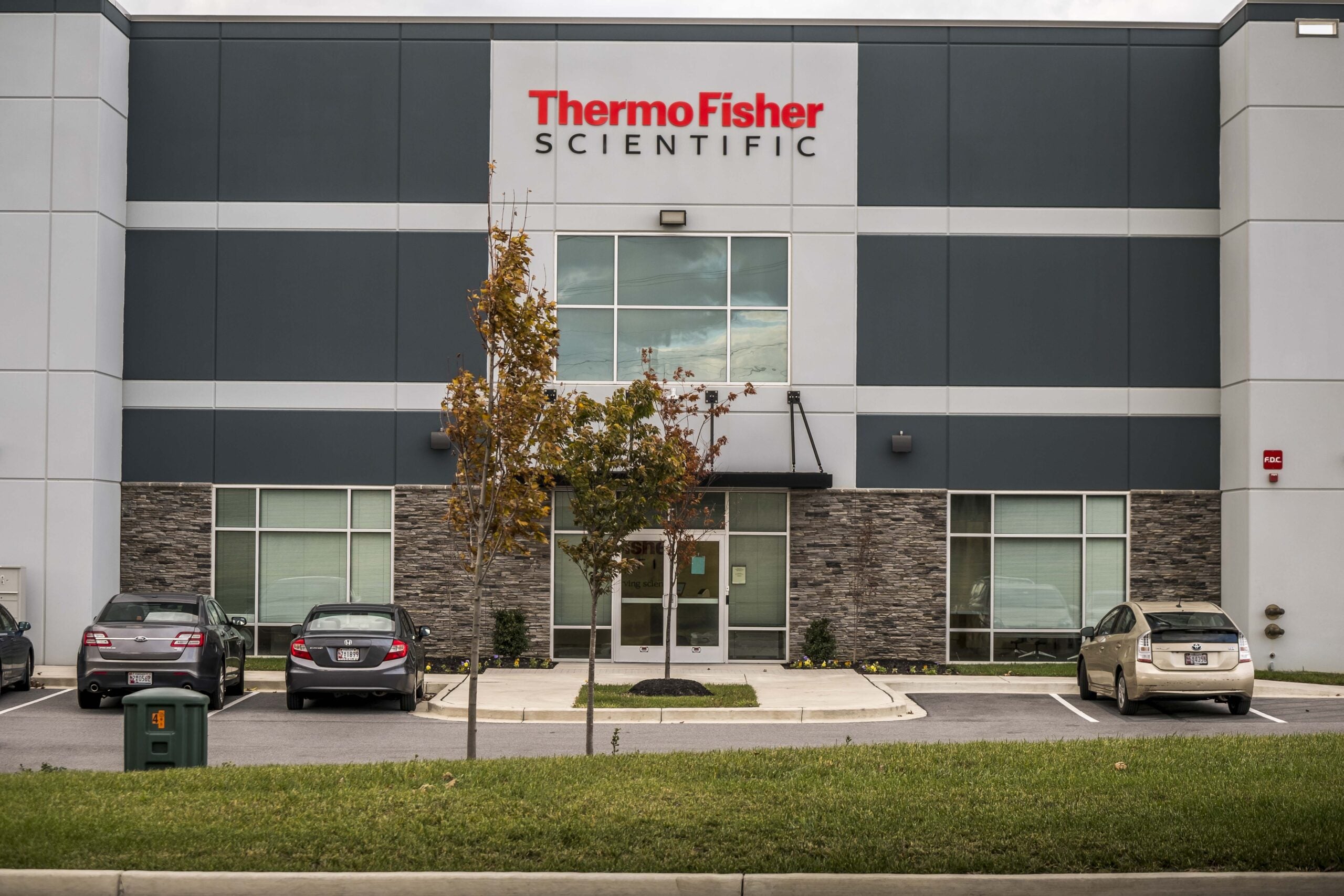
Thermo Fisher Scientific has signed a companion diagnostic (CDx) agreement with Hengrui Therapeutics, to develop a CDx to identify non-small cell lung cancer (NSCLC) patients who may be eligible for pyrotinib.
The CDx will leverage the Oncomine Precision Assay, which works on the new Ion Torrent Genexus System.
Hengrui Therapeutics is a US business arm of Jiangsu Hengrui Medicine (JHM), a Chinese pharmaceutical company. Hengrui is engaged in developing drugs to treat oncology, anesthesiology and pain management, autoimmune, and cardiovascular diseases.
Under the terms of the agreement, Thermo Fisher will keep the rights to commercialise the test around the world and pursue regulatory approvals.
Thermo Fisher said that the CDx will be deployed to identify NSCLC patients who may be eligible for pyrotinib, JHM’s novel, irreversible pan-HER2 tyrosine kinase inhibitor, once it is commercialised.
Thermo Fisher Scientific clinical next-generation sequencing and oncology president Garret Hampton said: “We are seeing strong demand from our pharmaceutical partners for our NGS solutions. The Oncomine Precision Assay for the Genexus System is designed to comply with evolving regulations, such as those currently in development in China and Europe.
“It can be deployed to prospectively test and enroll clinical trial participants as well as for retrospective analysis of local laboratory tests used for clinical trial enrollment. It is the ideal solution to support trial programs on a global scale.”
Oncomine Precision Assay identifies IDH1 and IDH2 mutations in low-grade glioma patients
The Oncomine Precision Assay identifies isocitrate dehydrogenase 1 and 2 (IDH1 and IDH2) mutations in low-grade glioma patients. It received the US FDA Breakthrough Device Designation in June 2020.
The assay is capable of detecting more than 50 cancer-related biomarkers from formalin-fixed paraffin-embedded (FFPE) tumor tissues or liquid biopsy specimens, said the company.
It runs on the Genexus System, which is an NGS platform with automated workflow and requires low amounts of sample to detect both DNA and RNA variants.
HTI has recently unveiled results from a Phase 2 clinical trial, in which pyrotinib showed positive results in patients with HER2-mutant advanced NSCLC who were previously treated with chemotherapy.
Based on positive phase 2 clinical trial results, the drug has been granted conditional approval in China for the treatment of HER2-positive, advanced or metastatic breast cancer in chemotherapy-treated patients, in 2018. The drug was approved in 2020, based on two Phase 3 studies.
JHM R&D president Lianshan Zhang said: “An approved targeted therapy for patients with HER2-mutated non-small cell lung cancer could save thousands of lives.
“We are excited to partner with Thermo Fisher on a companion diagnostic that will make it easier for clinicians to identify patients who may benefit from pyrotinib, helping us broaden participation in clinical trials and make precision medicine available for more patients.”






